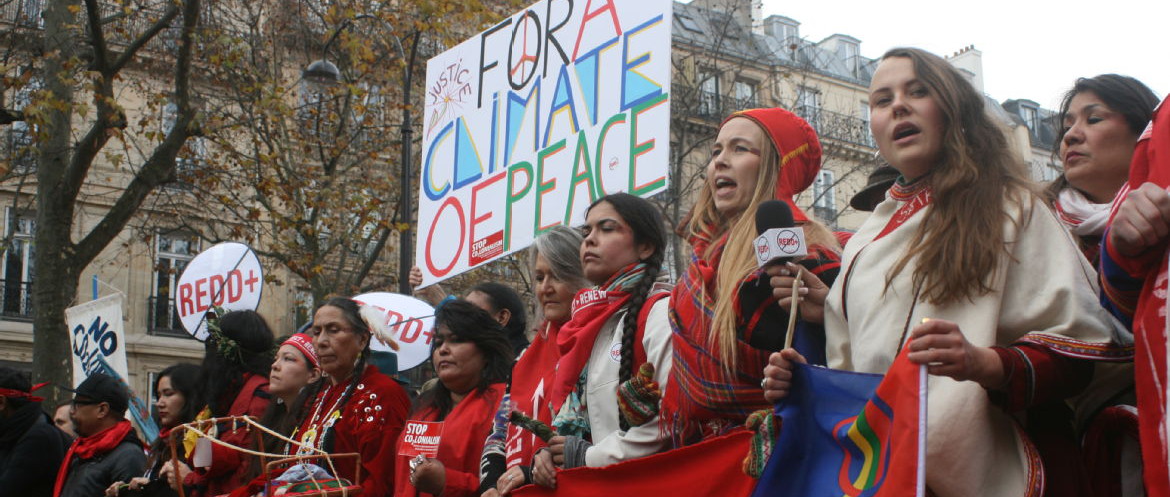Protest
The Centre for Human Rights in Practice has a strong history of engagement with the issue of protest. In 2015, the Centre initiated the first university 'summit on protest' to bring together protest groups, student representatives, university management and police and security staff representatives to discuss protest issues on the University of Warwick campus. (Details and reports below.)
In October 2015, Lacuna Magazine put out a call for submissions on the theme of protest and published the best submissions we received, starting with an instalment focusing on environmental protest. This is available on the Lacuna site.
In the Lacuna 'Protest' issues, we asked questions about the nature of protest and of its role in society today. What are the wrongs that provoke our anger and how do we take action in response? What makes protest in all of its forms enticing, legitimate, rewarding, fruitful, or indeed frustrating…? As well as being the focus in Lacuna, these debates continued at a series of events organised under the banner of ‘Protest and Performance Week,’ which took place at Warwick University in the week of 14th March 2016. Many of our Lacuna authors talked about their work, alongside film, comedy and theatre productions.
Since then, Protest has remained a key theme for Lacuna. Visit the Magazine and see the articles we have published.
Further Information
From 14-17th March 2016, the Centre for Human Rights in Practice hosted a series of events that explored the theme of protest. Within the programme, you will find film, theatre and comedy, as well as panel discussions featuring seasoned activists, academics, students, and representatives of notable campaigning groups. Some events engage with the theme of protest within the university setting, others have a more global outlook. Some will focus on the future, others are more rooted in reflection on the past; all will speak to the present.
A number of our panelists have recently contributed pieces to Lacuna Magazine for a special issue on protest. In some cases, they will be developing their ideas further during the discussions taking place over the course of the week. We encourage you to explore these readings, along with the other reflections on protest, here.
In March 2015, we hosted a protest summit to discuss protest on the university campus. The events we have organised one year later are intended to build on some of these discussions and to branch out into new ones. We hope you will lend your voice to the conversation.
Monday 14 March
- Dr. James Harrison: Reflections on the Warwick Protest Summit
- Panel Discussion: How do we make our voices heard? Including Emily Scurrah (38 Degrees), Adam Weymouth (journalist), and Father Martin Newell.
Tuesday 15 March
- Dr Grace Huxford and Dr Richard Wallace: Memories of Protest at Warwick
- Theatre Performance: To Know How You Stand 3.0, with the IATL student ensemble in collaboration with Fellswoop Theatre.
Wednesday 16 March
- Panel: ‘At What Cost? Perspectives on Protests over fees in Higher Education’. Including Isaac Leigh (President of the Student Union), Hiran Adhia (Editor in Chief, Warwick Boar), and Connor Woodman (Editor in Chief, Warwick Globalist).
- Kate Smurthwaite: ‘The Wrong Sort of Feminist (plus post-show Q&A)’
Thursday 17 March
- Panel: Student Experiences of Protest. Including Alex Ferguson, Keira Koroma, and Nathanial Shiers.
- Film: 'We Are Many' followed by Q&A with film director Amir Amirani.
In January 2015, the Centre for Human Rights in Practice initiated an independent process to explore the future of protest at Warwick University. This process was primarily instigated as a result of high profile incidents in relation to protest on the university campus in December 2014, and was undertaken with the full support of the Students’ Union and University management.
The key elements of the process were:
- A university-wide survey in relation to protest, open to all staff and students for 2 weeks in January 2015.
- A summit on protest to facilitate discussion on the key concerns and questions identified by the respondents to the survey.
The Warwick summit on protest was held in the Arts Centre Cinema on 12 March between 4-6pm. Speakers included the University Vice Chancellor, Nigel Thrift, Registrar Ken Sloan, Coventry Police commander Chief Superintendent Claire Bell, Student Union President Cat Turhan, and representatives of ‘Warwick for Free Education' Callum Cant and Hope Worsdale.
The film of the Warwick summit which took place on 12 March 2015 is now available. An extended version which includes all video and audio footage captured before and after the summit is available here.
Before the summit, we undertook a survey in relation to the issue of protest on the university campus, which was open to all Warwick University staff and students. A review of the survey is available here, and a pdf of all responses here.
The Centre's Final Report on the Future of Protest on the University of Warwick Campus is available here. It makes recommendations in relation to dialogue and communication between university management and the student body, the conduct and management of protest on university campus and the role of police on campus.
Protest has been a strong theme of the magazine from its first edition.
- We have introduced accounts of protests from around the world and explored their many facets.
- We have examined protests happening today, and thought again about iconic times of protest from the past.
- We have explored the lives and works of protest-writers, protest-artists, protest-singers, protest-comedians, on-line activists, photographers, and individuals who have devoted their lives to protest, and asked what protest tells us about the human condition.
- We have examined protest in its many forms from protest marches, to online activism, from occupation movements to protest by 'encirclement'.
- We have showcased the best of investigative journalism, film-making, poetry, philosophy, creative writing, and art involving protest.
On any given day, stories of protest dominate world and national news. Tahrir Square in Cairo; barricades in Kiev; a red shirt protestor shot on the streets of Bangkok; anti-fracking gatherings across the UK: protest could define the current age if it wasn't for the fact that it could probably define every other 'age' too. As a means of responding to and resisting wrongs, mass protest remains extremely powerful.
Andrew Williams, Lacuna Editor-in-Chief, On Protest
Lacuna is revisiting the theme of protest and has published a Special Issue on this theme from February 2016.
All forms of writing and visual art are considered: fiction, non-fiction, poetry, film, animation and photography. You may wish to investigate a particular instance of protest, to provide commentary, reportage or expert analysis of a protest-related theme. Or you may wish to review a book, a film, a piece of music, art or theatre connected to protest.
We are interested in exploring the diverse spectrum of forms of protest: boycotts; marches; strikes; sit ins; direct actions; online petitions; songs; stories and many more. What makes protests in all of these forms enticing, legitimate, rewarding, fruitful...? What are the wrongs that provoke our anger and how do we take action in response? We are particularly interested in work that seeks to uncover peoples' motivations for protesting, what they seek to achieve by protesting, and/or the outcomes of their actions.
There is no word limit. If you take a look at some of Lacuna's existing content, you will find submissions of varying lengths which adopt a variety of different styles. The key is that you have something to say that will intrigue and inform our audience, and that you say it (or draw it, film it...) with style and innovation.
We are committed to supporting new writers. This could be students and other people just starting out in their field, who might value feedback and assistance in developing their work. We will also support experienced writers who are learning how to write for new audiences; for instance, academics interested in translating their research for a wider audience. Where possible, we will work with prospective authors to help them improve and develop their work.
If you are thinking about making a submission and you have any further questions please contact us via the Lacuna enquiry form.


